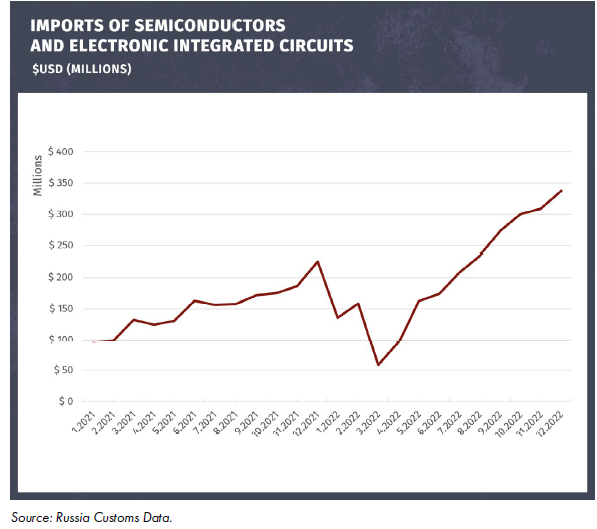1/ Russia's sovereign debt (presumably new) is sanctioned. No more access to the US/EU markets. What does it mean?
Russia's government is in fiscal surplus, apart from the rollover of debt, Russia is "overfunding" borrowing when strictly speaking it does not need to.
Russia's government is in fiscal surplus, apart from the rollover of debt, Russia is "overfunding" borrowing when strictly speaking it does not need to.

2/ Foreign participation fell in Russian market due to sanctions concerns. Russian domestic banks stepped in to buy more of the additional issuance. 

4/ Russian sovereign debt continues to make up a substantial share of local currency emerging market indices such as the GBI. While Russia’s weight has declined in recent years (to 7.5%), this is largely a result of the inclusion of Chinese bonds since early 2020.
6/ Russia's banks' liquidity surplus of $11bn is smaller after COVID relative to the total FX holdings $64 bn, but still can go a long way to accommodate foreign investor exit. The @bank_of_russia can also provide liquidity support as needed. 

@bank_of_russia 7/ Russia also has reserves (including gold, US$, EUR, CNY) in excess of US $630 bn 

• • •
Missing some Tweet in this thread? You can try to
force a refresh


















